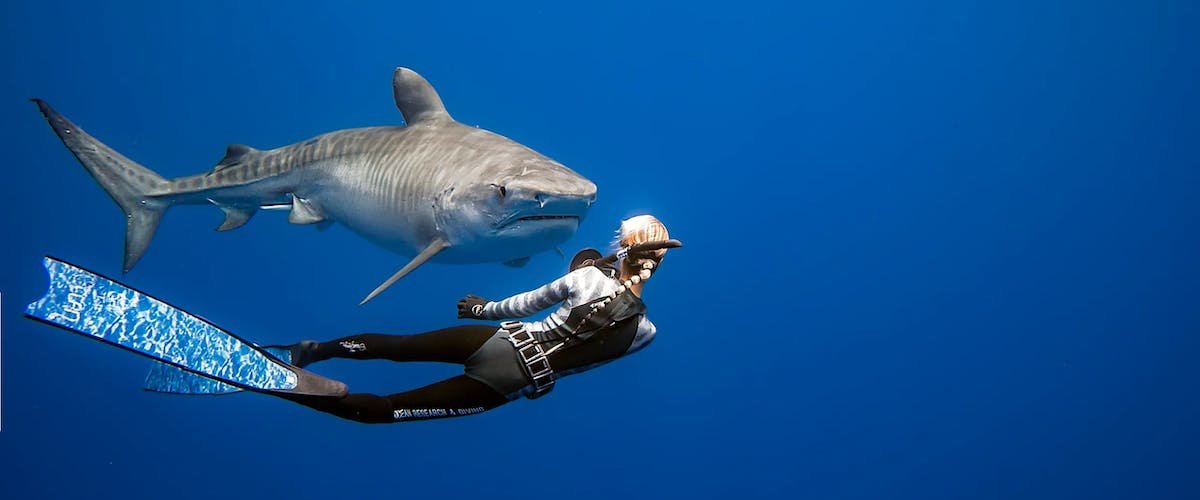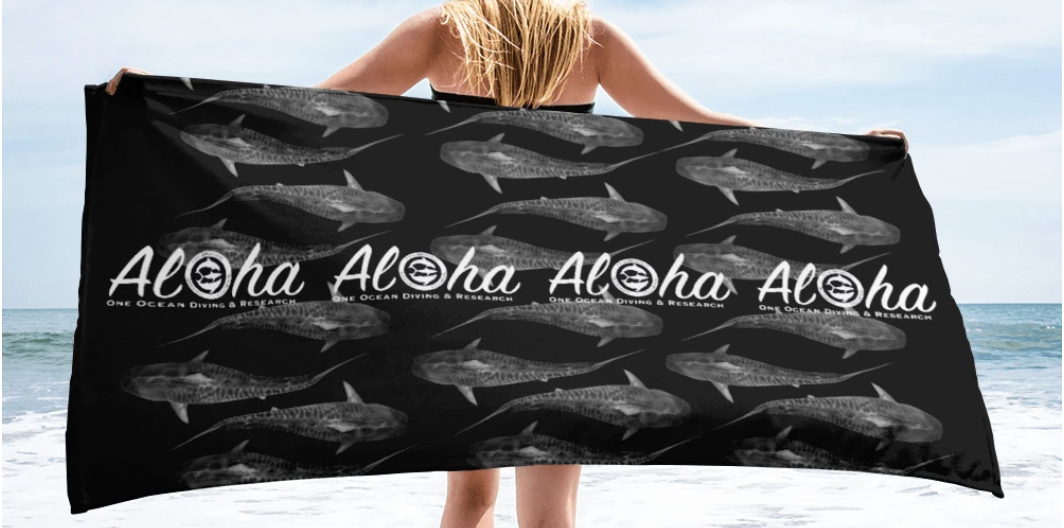Oahu, the jewel of the Hawaiian Islands, beckons thrill-seekers to embark on an unforgettable adventure beneath its azure waves. For those eager to push the boundaries of excitement, One Ocean Shark Diving offers a unique opportunity to unleash your inner adventurer by swimming with sharks in the pristine waters surrounding this tropical paradise. Get ready to dive into an experience that will redefine your perception of the ocean's most majestic predators.
Dive into the Deep Blue:
Why Sharks? Sharks have long captured the imagination of adventurers and nature enthusiasts alike. Swimming alongside these magnificent creatures provides a rare and awe-inspiring encounter with the ocean's apex predators, dispelling myths and fostering a deep appreciation for their role in marine ecosystems.
One Ocean's Commitment: One Ocean Shark Diving stands out as a leader in responsible shark tourism. With a commitment to education, conservation, and sustainable practices, their team ensures that every encounter is not only thrilling but also environmentally conscious.
Dive Day Essentials:
What to Bring: Pack your swimwear, sunscreen, and a sense of adventure. One Ocean Shark Diving provides all necessary diving gear, so you can focus on the experience without worrying about the details.
Capture the Moment: Don't forget your waterproof camera to capture the magic. From the moment you descend into the water to the exhilarating encounters with sharks, you'll want to relive these moments long after resurfacing.
The Thrill of the Dive:
Underwater Magic: As you descend into the depths, the underwater world comes alive. Oahu's clear waters offer visibility that allows you to witness the beauty of the ocean's inhabitants, from vibrant fish to the main attraction – sharks. Each dive is a unique and adrenaline-pumping experience.
Environmental Education: One Ocean Shark Diving goes beyond the thrill, providing insights into the importance of shark conservation. Learn about these misunderstood creatures, their crucial role in maintaining a balanced ecosystem, and the efforts being made to protect them.
Post-Dive Reflection:
Sharing the Adventure: After resurfacing, take a moment to share your experience with fellow adventurers. One Ocean Shark Diving encourages a sense of community, fostering a shared passion for the ocean and its inhabitants.
Environmental Advocacy: Become an advocate for shark conservation. Armed with newfound knowledge, you can contribute to dispelling misconceptions about sharks and supporting initiatives that aim to protect these vital creatures.
Conclusion:
Swimming with sharks in Oahu with One Ocean Shark Diving is not just an adventure; it's a transformative journey that connects you with the ocean's most fascinating residents. Unleash your inner adventurer, dive into the unknown, and let the magic of the underwater world leave an indelible mark on your soul. Are you ready to embrace the thrill and dive deep into the waters of Oahu with One Ocean Shark Diving? Your adventure awaits!





